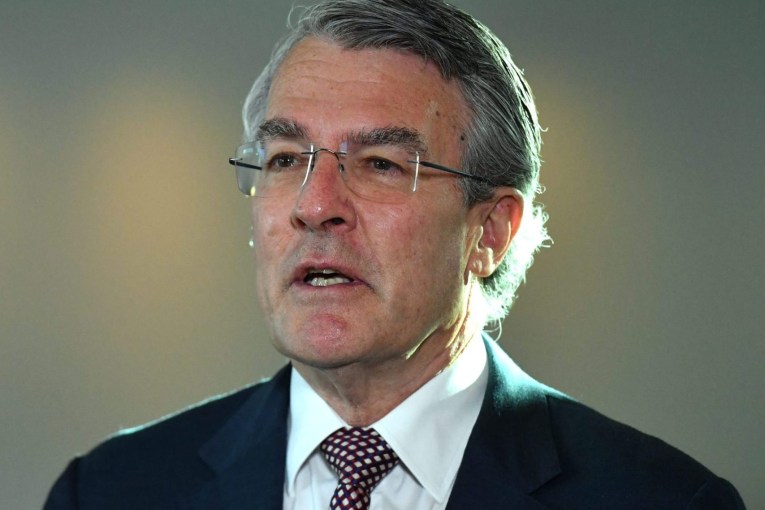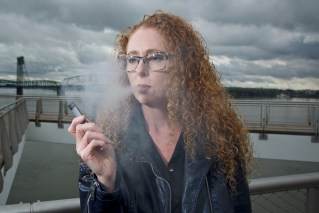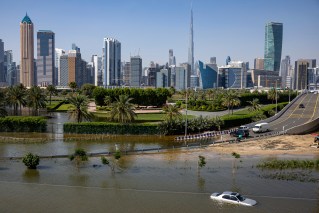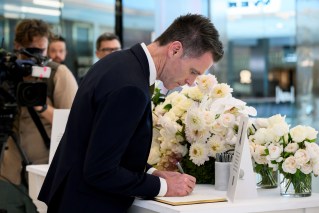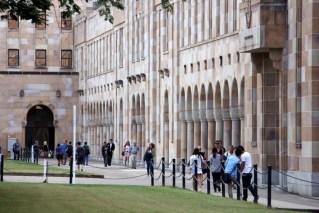Plans to generate renewable energy from green waste falter
A bold plan by several south-east Queensland councils to generate electricity from green waste is likely to be shelved after questions were raised about its feasibility.
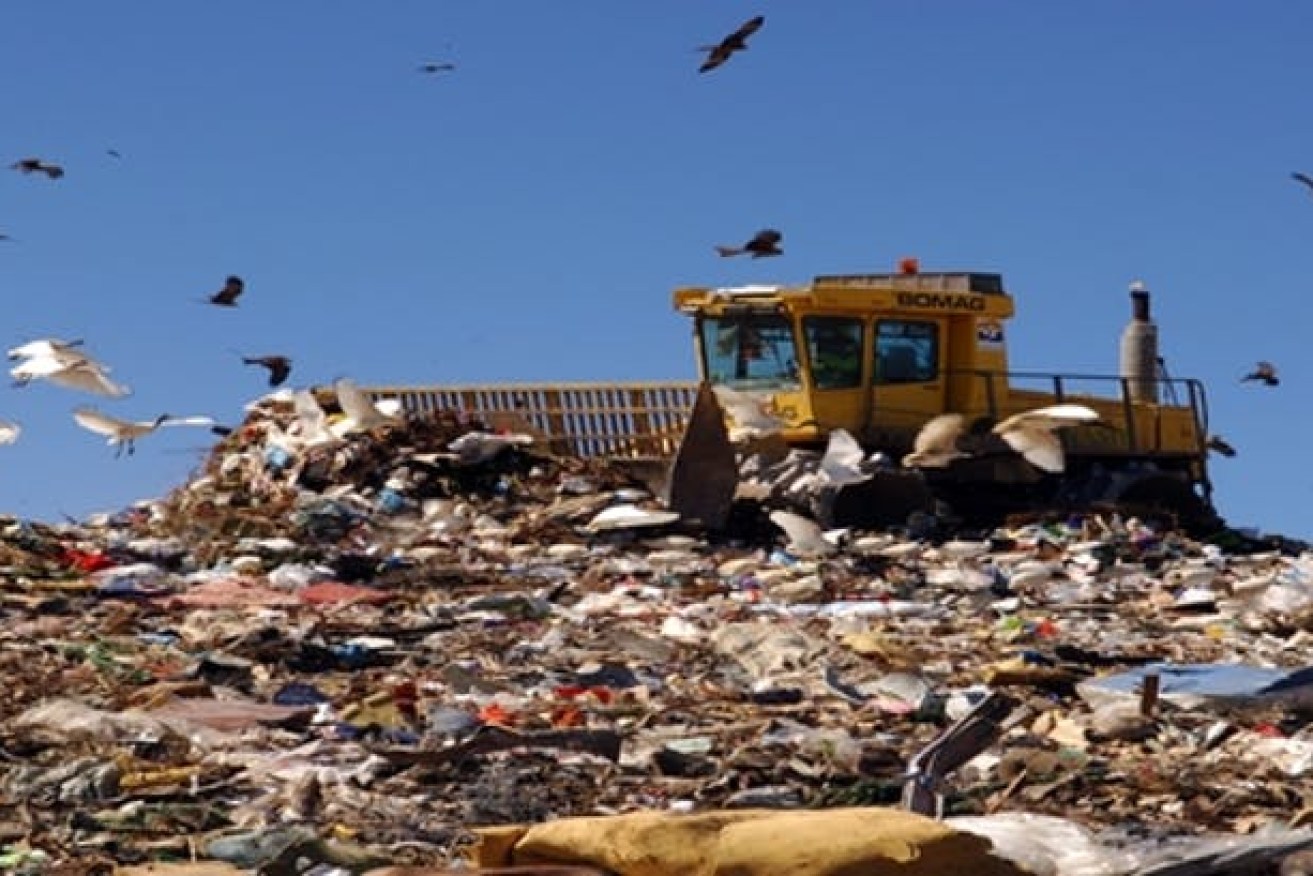
Councils in southeast Queensland are exploring ways to use green waste to generate energy.
The Sunshine Coast, Moreton Bay and Noosa councils were set to join water agency Unitywater in a venture that would have diverted household and industrial garden and food waste from landfill and used new treatment technologies to generate power.
The project would have signalled a big step forward for local councils that are under pressure from the Queensland government and their own constituents to divert as much household and commercial waste as possible from being dumped into landfill.
Driven by Unitywater, the plan was based on the region adopting advanced waste treatment that would have allowed food and garden waste to be mixed with biosolids from sewerage and then used to generate power through a process called “anaerobic digestion”.
The councils recruited consultants to advise them on the plan’s feasibility. However, the consultants identified a range of potential problems, including that the anaerobic digestion process could not cope with large branches or palm fronds.
Noosa Shire Council’s manager of Waste and Environmental Health have told the council that “the timing is not right to proceed”.
“The proposal of working in partnership with Unitywater and other councils to divert and treat waste regionally has distinct advantages based on economies of scale,” he states in a report to the council’s service s and organisation committee.
“However, the report recommendations have raised some implementation challenges and partners are not in a position to implement the consultant’s recommendations.”
The Palaszczuk Government’s new waste strategy for the state wants 65 percent of waste diverted away from landfill by 2025 _ up from 45 per cent currently _ and 90 percent by 2050.
The government last year also introduced a $70 a tonne waste levy to discourage the landfilling of household rubbish and other solid waste.
Councils will need to dramatically change their waste management practices as part of the shake-up.
Th result of a survey by the Local Government Association of Queensland last year suggested that 80 per cent of Queenslanders supported a zero waste future.
However, the likely shelving of the Unitywater proposal is a blow for those councils that were aiming to adopt a regional approach to waste management.
